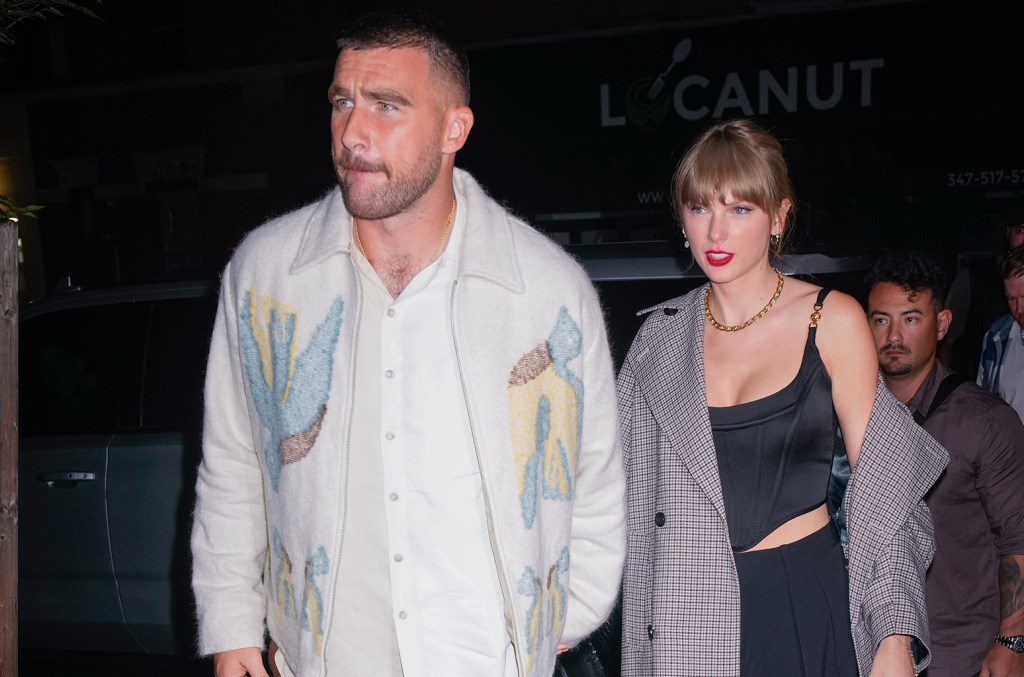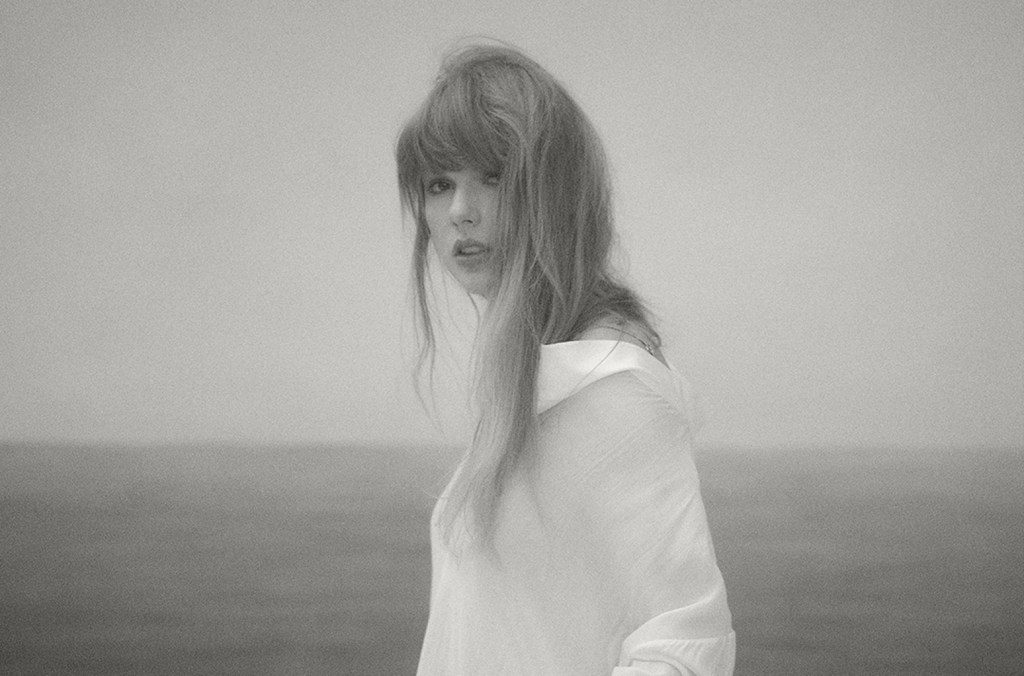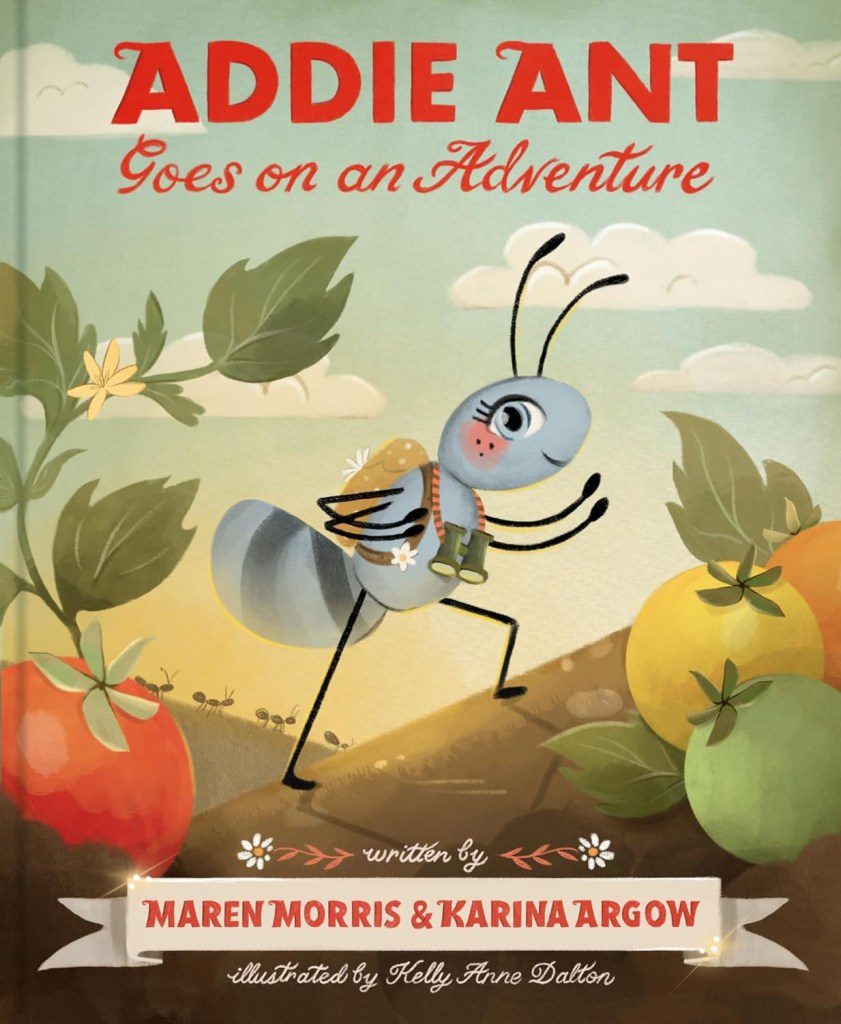Republic Records will no longer use the word "urban" to describe music
Republic Records have announced that they will no longer be using the word “urban” to describe music.
“Effective immediately, Republic Records will remove “URBAN” from our verbiage in describing departments, employee titles and music genres,” the label said on Twitter with the hashtag #WeUseOurVoices.
#WeUseOurVoices, Use Yours. pic.twitter.com/dQFoMMj0h1
— Republic Records (@RepublicRecords) June 5, 2020
“We encourage the rest of the music industry to follow suit as it is important to shape the future of what we want it to look like, and not adhere to the outdated structures of the past.”
Republic’s decision follows a similar move by Los Angeles music management and A&R company Milk & Honey, whose clients have contributed to sales for the likes of Drake, Rick Ross, and Khalid.
“We will no longer be using the term, as we believe it’s an important step forward, and an outdated word, which has no place in 2020 onwards.”
Milk & Honey are glad to start the wave in removing the term “Urban” from the music business. More here…
Posted by Milk & Honey on Friday, June 5, 2020
A 2018 report by Music Business Worldwide saw a number of figures in the music industry expressing growing distaste for the term “urban” in music and its use to describe genres pioneered by black artists.
“I despise the word urban. I know artists that do hip-hop, grime, or rap. I don’t know anyone that does urban music,” the DJ and radio presenter DJ Semtex told the publication. “‘Urban’ is a lazy, inaccurate generalisation of several culturally rich art forms.”
“Urban music began as urban contemporary music,” via Metro UK. “Reportedly coined by black New York DJ Frankie Crocker in the mid-1970s, it was described as ‘a musical genre defined by recordings by R&B and soul artists with broad crossover appeal’.
“It started out as an American radio format designed to appeal to advertisers who felt that ‘black radio’ would not reach a wide enough audience.
“So essentially, radio made the assumption that white America would be scared of the word black and because of that wouldn’t tune in. By not tuning in this would then lead to advertisers not wanting to spend money and the station then having to close its doors.”
Meanwhile, this week saw companies and artists across the music industry take part in a social media blackout to show solidarity with racial equality protests sparked by the death of George Floyd.
Messages shared by Warner, Universal, Dirty Hit and more set out a plan to “disconnect from work and reconnect with our community” for the day, held as “an urgent step of action to provoke accountability and change.”




